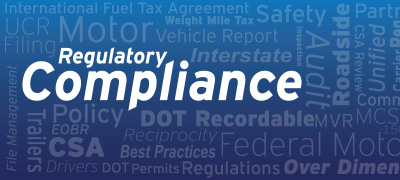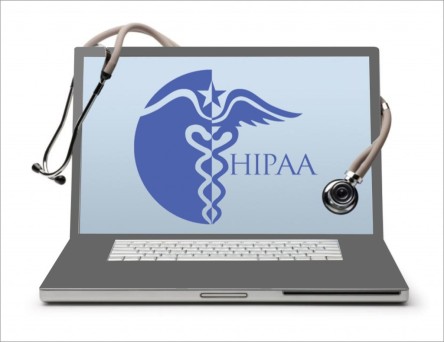When drafting and signing the Electronic Health Record (EHR) license agreement; total diligence is of the essence, since the Electronic Health Record license agreement is a vital document, both for physician practices that have just entered the EHR arena, as well as for practices that transition to a new EHR software package.
Important factors to look for in an Electronic Health Record license agreement
An EHR license agreement, the pillar of the relationship between the vendor and the practice; is expensive to buy and maintain. This Electronic Health Record license agreement defines the relationship between the two parties, because of which a lot of careful consideration has to go before entering into and signing one.

A practice that is in the process of entering into an Electronic Health Record license agreement needs to look for at least these three core points: 1. What is it that the practice is buying? 2. What is the nature and scope of the practice’s and the vendor’s duties and responsibilities? 3. The ways of getting out of the contract, i.e., how flexibly can the Electronic Health Record license agreement be terminated?
The Electronic Health Record license agreement has to be clear and should not be ambiguous, leaving scope for varied interpretation of many aspects of the agreement. The Electronic Health Record license agreement needs to have a completely clear definition of these core areas:
- Scope
- Support
- Disclaimers relating to liabilities and warranties
- Ending of the contract

Components that need to go into an Electronic Health Record license agreement
The Electronic Health Record license agreement should ideally state and clear issues such as:
- Whether and how often the vendor may make online portions of the software unavailable for maintenance or other issues
- How many people may use the software and on how many machines the software may be installed, if it has an offline component
- The kind of technical support the vendor will provide
- Whether the vendor will use data entered by the practice for its own purposes, and if yes, under what conditions
- Terms under which the agreement may be terminated, and
- What happens to the practice’s data upon termination
These being the extremely important elements of the Electronic Health Record license agreement; the practice has to be clear about the terms of the agreement and should not be under any pressures that sales people from the vendor’s side may put on them to get the work done quickly. A hurriedly worked out Electronic Health Record license agreement that lacks proper scrutiny and vigilance is bound to land the practice in trouble at some later date.

Other aspects to take into consideration
While signing the Electronic Health Record license agreement; there are other very important factors that the physician practice should take into consideration. These are some of them:
- Does the license agreement require a specific person at the practice as the primary contact with the vendor?
- If so, what happens if that person is out sick or on vacation, or quits or is fired?
- What happens if the software operates as specified, but the physician practice wants to switch to a different vendor’s software?
- Does the license let physician practice terminate at will, or only under certain circumstances?
- What happens to its data after termination and when will it be got back, and in what form?
Sharpen the insightfulness needed for signing an Electronic Health Record license agreement
Given the highly delicate and crucial nature of an Electronic Health Record license agreement; it is extremely important for practices and physicians to be thoroughly acquainted with the workings of Electronic Health Record license agreements. It is to familiarize them with the dynamics of how to draft and sign an Electronic Health Record license agreement that MentorHealth, a highly reputable provider of professional trainings for the healthcare industry, will be organizing a webinar.
Daniel F. Shay, an attorney with Alice G. Gosfield and Associates, P.C., who specializes in health law and health care regulation practice, will be the speaker at this session which will arm participants with the nous needed for getting the right Electronic Health Record license agreement signed and avoiding legal issues. To register for this session, please visit
http://www.mentorhealth.com/control/w_product/~product_id=800921LIVE/?wordpress-SEO
Look at the subtle and intricate aspects of the license agreement
At this session, Shay will proffer and explain the practical considerations that physician practices need to consider when reviewing EHR license agreements. Another of the important topics relating to this topic that will be covered at this session is compliance with Meaningful Use. Shay will offer his expertise on the types of documents that are often incorporated into the license agreement, as well as what physician practices can expect in the negotiation process after the license agreement has been reviewed.
Shay will cover the following areas at this session:
- Common contractual terms in EHR software license agreements
- Grounds for termination of a license
- Common documents incorporated into the license
- Meaningful Use considerations
- Post-termination data control and conversion.














